October 22, 2013 | Posted in PROGRESSIVE ROCK | By sockii
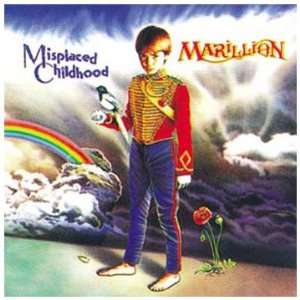
Misplaced Childhood by Marillion. Buy this album on Amazon.
Fans of progressive rock in the Mid-Atlantic/Pennsylvania region, take note. This Saturday, October 26, the Lehigh Valley-based band Pinnacle will be playing a special concert featuring Marillion’s 1985 concept album Misplaced Childhood in its entirety. Taking place at Rascal’s Food & Fun in Allentown, the show will also feature a selection of Pinnacle’s own original music from their three studio albums to date.
This show should certainly be a treat for any Marillion fans in the area, as Misplaced Childhood was the band’s most commercially successful album—and their one release to see mainstream success in the United States and introduce them to a wider audience. It should also be a great opportunity for prog-fans new and old to discover Pinnacle’s own unique sound and style, which shines through in both their original compositions and their approach to interpreting others artists’ work.
I had the opportunity to ask the band members a few questions about this upcoming concert, which I’ll hopefully be attending myself to give an extended review of after this weekend. Read on to learn more about the unique challenges involved in performing such a widely-beloved album, why the band chose this particular work to perform now, and what fans can look forward to at the show—and in the future!
Pinnacle: A Brief Introduction
Pinnacle consists today of four talented musicians: Karl Eisenhart (guitars, vocals), Greg Jones (drums, vocals), Bill Fox (bass, guitar, synths, vocals, sax) and newest member Matt Francisco (keyboard, vocals). The band’s origins go back to 1997, when Greg met Karl while Karl at a gig with his acoustic duo. They soon began playing together with a number of other band members and under different names, but eventually connected with Bill Fox in 2002 and the combination clicked.
Originally their emphasis was on classic rock and progressive covers from well-known and loved bands from the 70s and 80s: Yes, Rush, Jethro Tull and The Police to name few. They also recorded their own music, featured on their 2005 album A Man’s Reach and the 2006 release Meld.
Pinnacle were already working on their third album when they brought in Karl’s childhood friend Matt in 2010 to expand and add power to their sound with his keyboard skills.
Pinnacle describes their musical goal as being “to write reasonably accessible songs that are still firmly rooted in the best progressive rock traditions.” They each have different influences and inspirations, from The Beatles to King Crimson, Elton John to ELP, that blend together to create the framework and background for their own unique sound.
The band has performed at numerous events and venues including the ProgOctoberfest in Saratoga, New York and ProgDay in Chapel Hill, North Carolina. You can read more about Pinnacle’s music, hear audio samples and order cds at the band’s website.
“Do you remember…?”
The video for Marillion’s “Kayleigh” from Misplaced Childhood
An Interview with Pinnacle
On performing Marillion’s classic album live
For a band like Pinnacle with your own music to perform and promote, what is the inspiration for and reward in doing a cover set? That is, is it about celebrating the music that’s inspired you, connecting with a wider audience of people who may know these well-loved songs, something else or something in between?
Karl: To me it’s a combination of those things. Odds are that a great many of the American Marillion fans learned about the band when Kayleigh charted, and so, logically, Misplaced Childhood was probably their first Marillion album. The last time Marillion did the whole thing here was 1988. They have played maybe three songs from Misplaced Childhood on their various dates in the U.S. since then. Fish did the whole thing a few years ago, but I can’t recall whether he did any dates in the U.S. on that tour. Our hope is that people will come to the show just to hear that music brought to life again. Our original music has many elements in common with the music they were putting out at that time, so hopefully it will reach at least some people in the same way. That’s not to say this is some sort of feeble publicity stunt. We’re not trying to trade on Marillion’s 23 year old accomplishment. We’re doing this out of love for that music and the belief that there are others like us who still want to hear it.
Greg: First of all, I’d stipulate that this is not a cover set in our minds and hearts. Jazz players like John McLaughlin will cover a Miles Davis tune to expose his audience to it, reverence it and lose himself in the way a great piece he loves makes him feel. That’s why we’re doing this. Although I certainly wouldn’t compare us to either of those legendary artists! But the pure affection for this music is the same I suspect.
Matt: For me the inspiration and enjoyment in performing a cover set, especially a gem like Misplaced, is the celebration of the music. The opportunity to either indulge in the nostalgia with those who heard it for the first time in the 80s when Prog had become a bit of a myth, or to present it to those who may have missed it and are hearing it for the first time.
Bill: When “Misplaced Childhood” came out, I was totally oblivious to Prog Rock, thinking that it had totally died late in the ’70s. For me, this is an exercise in helping other band members attain personal goals. And why not? This helps me to connect to great music that I didn’t know existed until way later in life. This also helps the band share our love for great music with other people who happen to love the same kind of music.
Why Marillion, and why Misplaced Childhood? What is it about that album that stood out for you (as a band) – and were there any particular challenges it presented in trying to recreate its sound? Did you rely more on the album version or live recordings (such as The Thieving Magpie)?
Greg: I can only speak for myself. Misplaced Childhood came out in a bleak time I refer to as “the Progless Eighties”. Genesis and Yes had morphed into something totally different from their 70s heyday. Jethro Tull and King Crimson were nowhere to be heard on the FM radio dial. Other than Rush and the great Steve Morse, there wasn’t much progressive rock to be found. Marillion had already put out two very unknown albums that I felt were valiant attempts to create some new art that acknowledged the past while moving forward but with limited impact. Then with number three, they not only arrive at new heights artistically but gain a wider acceptance. Pinnacle recently put out our third album to rave reviews which outsold the first two combined in its first three weeks of release and is a new level for us artistically. So there are some symbolic parallels in my mind, although I’d never compare us to the great Marillion.
Karl: Speaking for myself, Misplaced Childhood was a huge factor in my starting to take music seriously. I learned every note of it when it first came out. The music and the lyrical content both reached me in a way that few other albums have, and that stuck with me. If you had asked me when I was playing in my first “real” band in 1989, what album I would like to play, I would have said this one without hesitation. It’s been a dream of mine for decades. I’m the luckiest guy in the world because I managed to get Greg, Bill and Matt to go along with it. Truth be told, I never in a million years thought they’d go for it, but they each had their own reasons, I guess. No bribes were made.
The challenges that we faced were mainly trying to stay true enough to the original recording for the purists, while taking enough liberties to make it fun and interesting for us and everyone else. We used every avenue of influence possible. The studio version, various live versions, YouTube clips…you name it. About two months ago, after agonizing over trying to get the guitar part to one track right, I reached out to Steve Rothery via facebook. He very graciously told me I was on the right path. I’m sure it’s not exact, but he said it’s ok, so it’s ok.
The other main challenge was endurance. Playing short songs is easy. You play, you stop, you drink something, you talk, you play again. A 42 minute piece of music which requires a great deal of concentration is a different story. Listening back to our first few full runs through, I can hear how tired we all are when we get to Childhood’s End/White Feather.
Matt: We have a respect for the music Marillion creates, then as well as now. Misplaced Childhood to me represents a fresh album of Prog in an age where the music was markedly moving away from that genre. Even the heavy hitters were softening and putting out top 40 hits and concept albums weren’t something a broader audience was embracing yet MC managed to get Marillion a foothold in pop without compromising their art. I’ve studied the live and the studio albums. I found the studio album more helpful in learning the music and the live album to be confirmation that it could in fact be done live.
Bill: Since starting this project, I’ve listened to both the live and the studio versions. Because this album isn’t written in my DNA the way it is for other members of the band, I’ve tried to internalize an amalgamation of the two Marillion recordings. With each rehearsal, my comfort and familiarity levels increase. That allows me to take more and more chances with the music over time… hence the Beatles quote in Lavender by the bass player! 😉
When doing cover performances, what do you feel is more important: trying to recreate the original sound as much as possible, or putting your own spin on the song(s)? Or does it depend on the context? I ask as I as really enjoyed Pinnacle’s version of Here Comes the Flood on Soundcloud, which was definitely a fresh and different take on the song (which PG has certainly done several very different takes on himself.) But the version of Lavender is very “true” or close to the original. So perhaps there might be some Marillion fans out there wondering what to expect of the upcoming show.
Matt: Both. We want to stay true to the album. There are a few changes here and there that you can listen for. We had to make a few modifications in the keyboard parts since Pinnacle only has four members.
Greg: Thank you for your kind words about the Peter Gabriel song; I’m thrilled that you liked it. This may surprise you but I think our version of Lavender, while hopefully close to the spirit of the original, is wildly different in the arrangement as well. The first verse is pared down to a single note of accompaniment. The bassist plays an all-too-recognizable Beatles bass line. There are climbing chord voicings rather than descending ones. The drums get away with wreaking havoc while the guitarist spills his guts. And as always, our vocalist rings out across the top like the great clarion call of the heavens. But that’s just how I hear it.
Karl: I don’t hide the fact that I love to play covers. I play in an acoustic group called RED that is mostly a cover project. Because of our strange instrumentation, we CAN’T recreate the originals, so we don’t try. That philosophy carries over for me into Pinnacle. Our version of Here Comes the Flood was created before Matt joined the band. I couldn’t sing the melody in the original key, so we had to change that. The new key just sort of lent itself to that arrangement. If you listen closely to our version of Lavender, there are actually quite a few significant changes to the arrangement. Having said all of that, changing a great song for the sole purpose of doing something different is usually silly. We always want to be sure we’re bringing something new and special to the party. Our version of Mission by Rush is very close because there is really nothing you can do to it that wouldn’t ruin it in some way. Like I said before, our version of Misplaced Childhood is probably 85 to 90% spot on the original with a few Pinnacle signature moments inserted.
Bill: I’m in a cover band where we try to recreate the music as precisely as possible. There is craft in that but the material is, while on the progressive side, more mainstream in nature in order to appeal to a wide audience. Pinnacle, by contrast, doesn’t try to recreate the music. Marillion is not really well known to the general Rock audience. Therefore, I don’t feel the need to be a living jukebox. Instead, Pinnacle plays purely from the heart. If it comes close to the original or turns out completely different is all in how we feel the music personally.
What’s coming up next for the band? More live performances, another album, anything else fans should know to keep an eye out for?
Karl: We’ve already got a couple new songs started for the next album, and we are definitely open to any opportunities to play live that come our way. There are a few progressive rock concert series and festivals out there that we’d love to do shows for, so we’re working hard on that. Depending on the success of this show, we may look to do another, all Pinnacle show at Rascal’s in a few months. Putting together this Misplaced Childhood show has been a blast for me, but since I already knew 90% of it before rehearsal one, it hasn’t been as much work for me as it has been for the rest of the band. Will we ever do anything like this again? You’d have to ask them.
Greg: Hopefully we’ll get to take this show on the road to a few more states.
Matt: Working up material for a new album and… anything that comes along.
Bill: We’d love to do more shows in public and write more original music. Time will tell what actually happens next because life is fluid. If it were feasible, I’d love to tour Europe!
Pinnacle CDs available from Amazon
Explore the band’s original music in their three releases to date
Blueprint for ChaosCHECK PRICE
Pinnacle links and more information
On Twitter
Show details
Misplaced Childhood Concert
Rascal’s Food & Fun is located at 6616 Ruppsville Road, Allentown, PA. Admission is free, and the show starts at 9:00 p.m in Rascal’s Hideaway Loungue.
Related posts at Spacial Anomaly
Table of Contents
sockii
sockii is just your typical Jane-of-All-Trades who never has enough time in her day for all of her projects. She has written for many websites online including Squidoo, Zujava, Yahoo! Contributors Network, HubPages and Wizzley. She has been attending and vending at science fiction and media conventions for over 15 years, and for several years ran an art gallery and jewelry store in Philadelphia. Today she is happy to be living in South Jersey with her partner David and their 6 cats. Sockii is a member of several affiliate sales programs including Amazon Associates and Viglink. Products from these services may be advertised on her posts and pages to generate sales commissions.
Leave a Reply
*
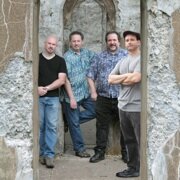
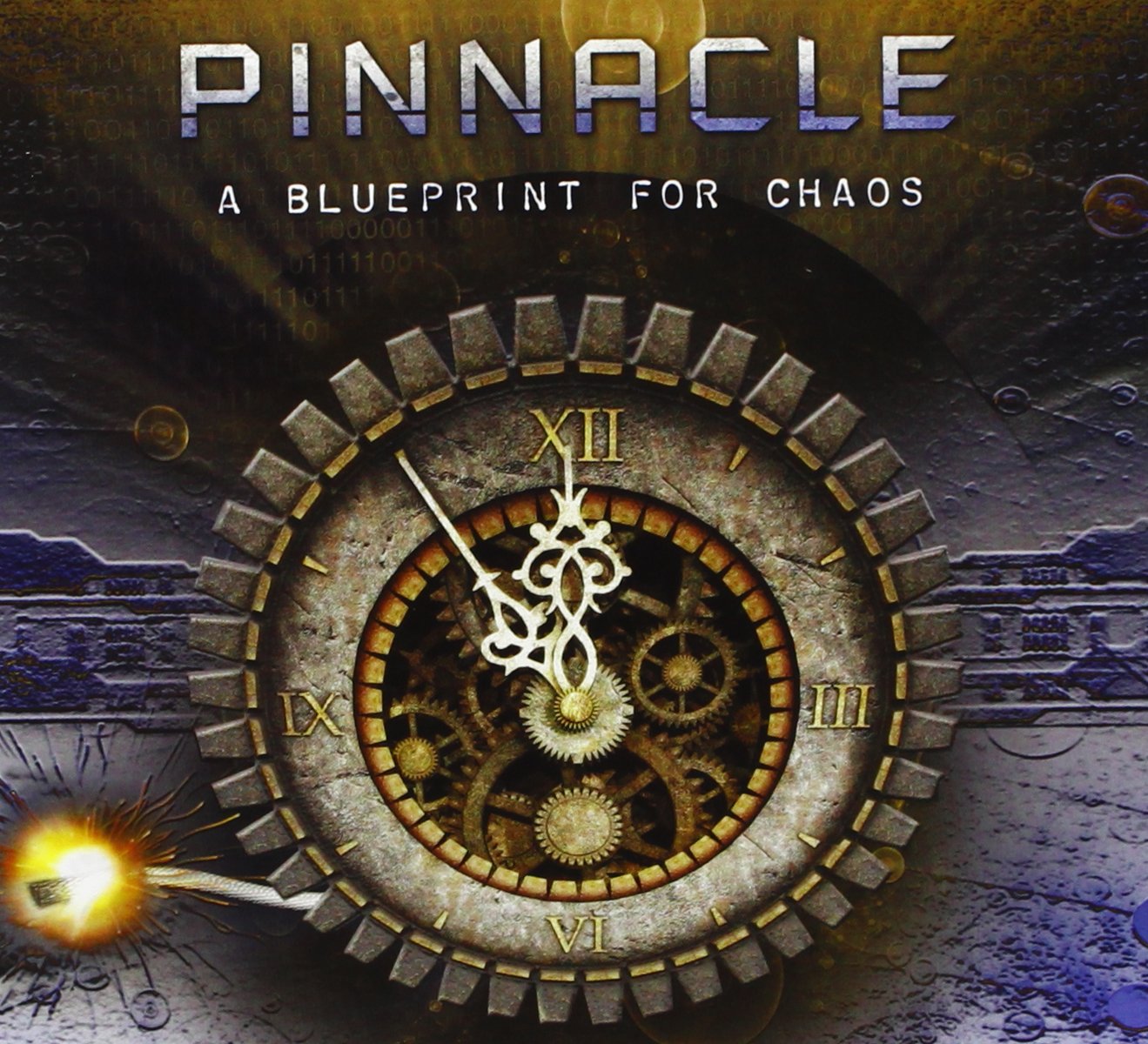
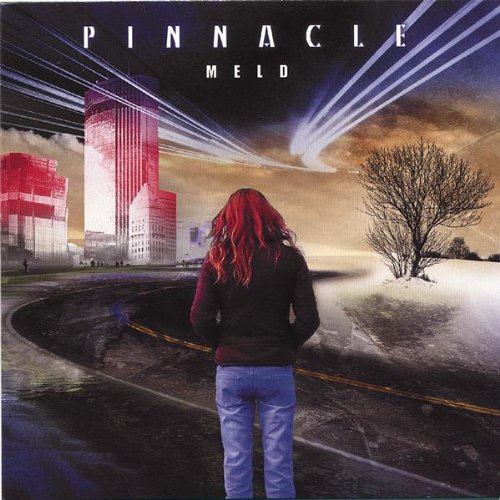
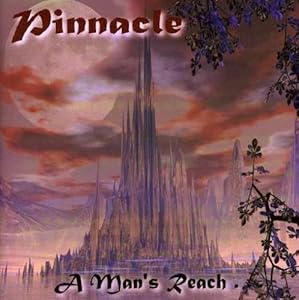
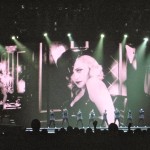
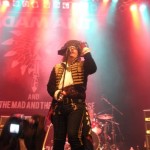
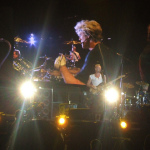
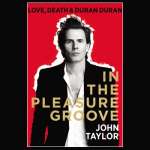








Be the first to comment.